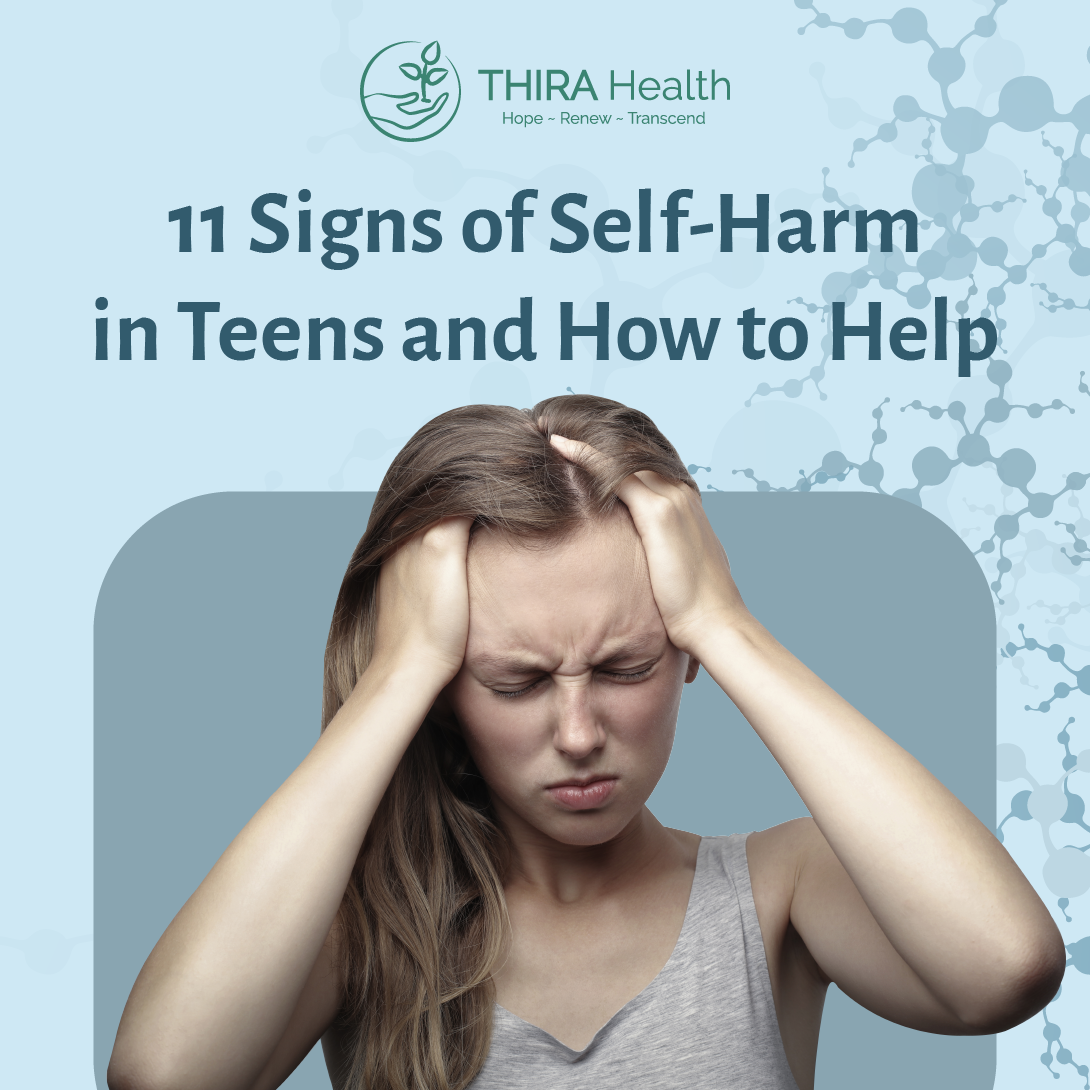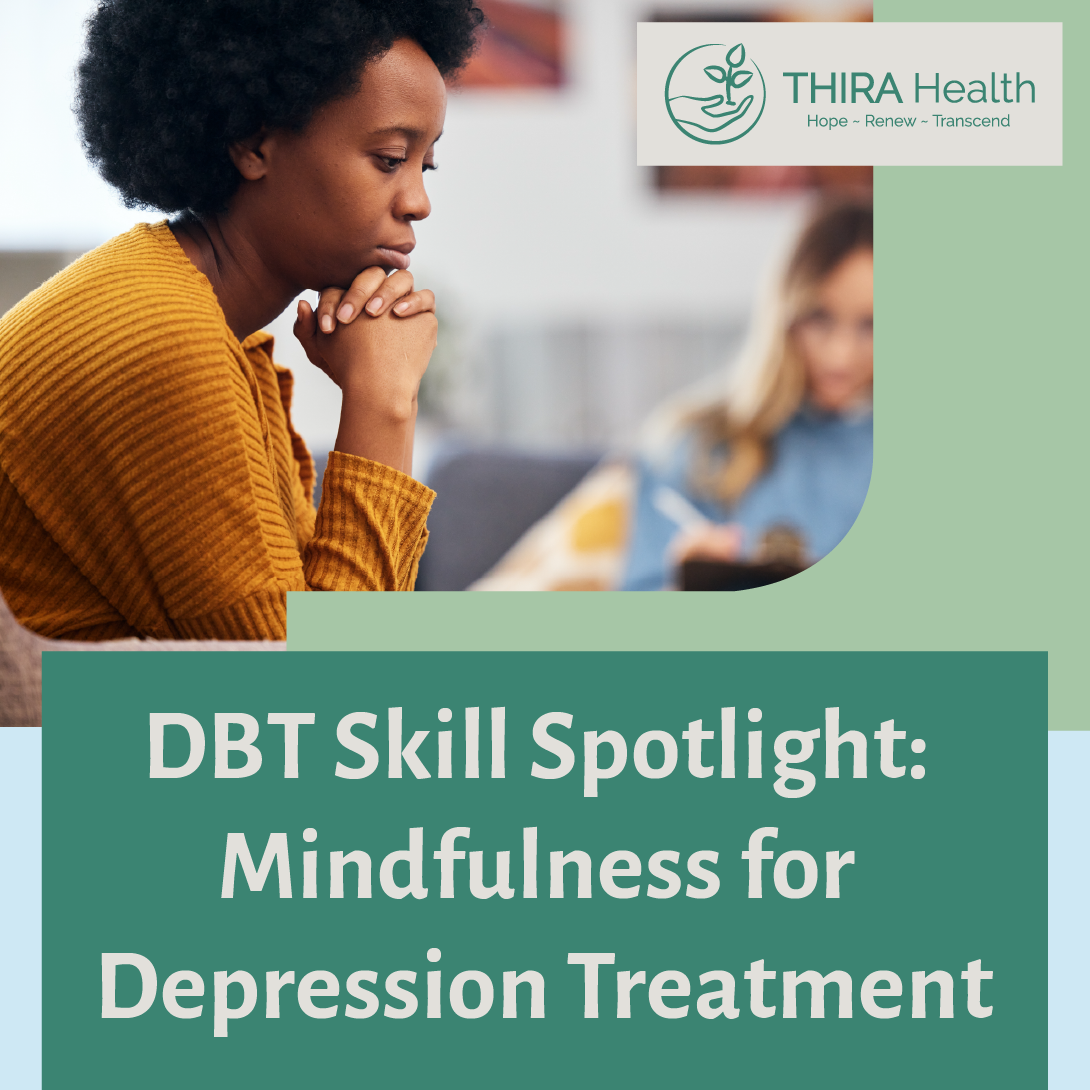With the calendar rolling over to a new year, it can feel like a time for a fresh start, particularly when it comes to mental health. You may be looking at exercise, new pursuits to bring joy to your life, or even new goals for therapy to do what you can to boost your mental well-being.
That said, not everyone is capable, or interested, in the refreshment that can come with seeking help for their mental health. It can be hard to watch a friend or family member who is clearly struggling with anxiety and/or depression refuse treatment, and can be hard to understand the reasons why.
Understanding why people refuse depression treatment
Understanding your loved one’s motivations for refusing depression treatment can be the first step toward getting them help.
Fear and shame
It can be hard to ask for help, especially when depressed. It can be comforting in the short term to avoid the work of being vulnerable with a friend in admitting you need help. Your friend may feel ashamed or alienated, not wanting to seem “weird” or “sick”.
It can also be a real challenge to be willing to face difficult feelings in therapy; being open and honest about their experiences and struggles with a new person like a therapist can be intimidating.
Stigma against depression treatment
Your loved one may have serious concerns about what their coworkers, friends, or family will think if they admit they are struggling and need help. They may worry that there will be repercussions for them socially, and that they may be othered or treated like a problem.
They may also struggle with cultural reasons for not seeking treatment, be it a language barrier, or real and reasonable concerns that they won’t be understood or taken seriously if their therapist isn’t able to understand their culture.
Cost and time
Paying for therapy for anxiety and depression can feel like a large puzzle; what does insurance cover? What will they have to pay, if insurance doesn’t help? What is a sliding scale, how does it work? Concerns about the price of therapy are pronounced, and not having to even think about it can be an enticing reason to avoid depression treatment.
Therapy also tends to involve a consistent time commitment. Outpatient therapy is often once a week, but intensive outpatient therapy, partial hospitalization programs, and residential treatment programs are all even larger time commitments, which can feel like a real barrier to even bothering to consider care.
Being unsure how to get started
The process of tracking down a new therapist can be a tangled one. Throw in the fact that there are multiple types of therapy and different modalities and the process becomes a truly tough one to navigate alone.
Depression symptoms can make pursuing depression treatment difficult
Depression is a difficult disease for your friend to exist side-by-side with. A lot of the symptoms of depression prevent them from living fully, including preventing them from easily accessing depression treatment:
- Your loved one may be overwhelmed by their depression and can’t fully realize they’re depressed. They may think that their symptoms are temporary, or that everyone feels like they do.
- They may be so fatigued and so low on motivation that the thought of seeking depression treatment is utterly overwhelming and seems impossible.
- Finding help on one’s own when feeling numb and hopeless can seem impossible, and even a waste of time. These feelings can make it hard to believe treatment will even help.
How to help your loved one if they refuse depression treatment
Now that you have a better understanding of why people might refuse treatment for anxiety and depression, you may have an easier time helping your loved one as they wrestle with depression and the possibility of getting help.
Talk with them honestly, listen openly
Ask your friend what their reasons are for refusing depression treatment. Ask with an open heart, and let your loved one know all you want to do is understand them. Affirm that what they’re worried about, and what they’re experiencing, is real. Let them know that you hear them and that you have the time and space to support them.
Above all, let them know that you’re there for them, even when depression symptoms get heavy. Depression is isolating, and offering them space and your presence can go a long way toward lightening the load.
Introduce the topic of depression treatment gently
As you develop a rapport with your loved one who is refusing depression treatment you may find you are in a good place to introduce the idea of helping them find a depression treatment program.
You can start the conversation by letting your friend know that you’ve noticed changes; less energy, lack of interest in activities, sleep or appetite changes, sadness or lack of emotion.
Point out that you care about them, and you are happy to be there for them even with these changes.
Gently introduce options for treatment. You can use internet searches, or speak to your own doctor or therapist, to do some research on what treatment for anxiety and depression is available where you live. Offer to help with the work involved in finding and pursuing treatment, including contacting insurance and finding out treatment and payment options for different places. If possible, offer to help get them to and from treatment.
You may have to introduce this topic more than once, and should accept your loved one’s refusal without pushing too hard. Being gentle, consistent, non-judgmental, and caring is the way forward.
THIRA Health can help with depression treatment
As your loved one becomes more receptive to receiving health, you’re welcome to get in touch with THIRA Health. We are happy to explain what we can do to help and walk you and your loved one through the entire process of getting started with depression treatment, and a new life, one that feels like it’s actually worth living.






